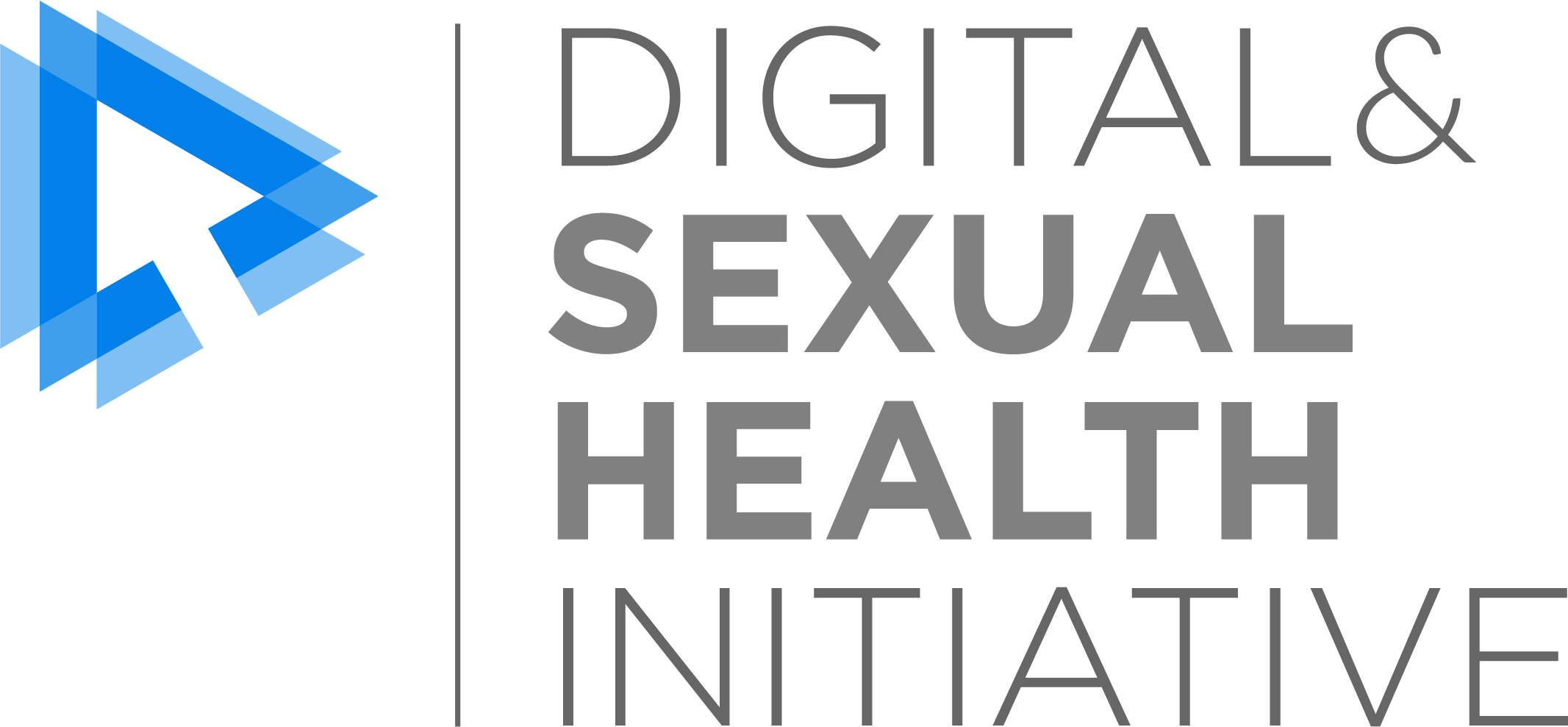Qualitative analysis of the experiences of gay, bisexual and other men who have sex with men who use GetCheckedOnline.com: a comprehensive internet-based diagnostic service for HIV and other STIs
Research theme(s)
Internet Based Testing
Rod Eric Knight, Cathy Chabot, Anna Carson, Kimberly Thomson, Devon Haag, Mark Gilbert, Jean Shoveller
Sexually Transmitted Infections. Published Online First: 13 January 2019.
Links
Blog post
Objectives
To describe the factors that influence gay, bisexual and other men who have sex with men’s (gbMSM) experiences with GetCheckedOnline.com (GCO) in British Columbia (BC), Canada. GCO clients complete an internet-based risk assessment and print a laboratory test requisition form for HIV and other STIs to take to a private laboratory for diagnostic services.
Methods
Drawing on a purposive stratified sampling framework, we conducted 37 in-depth semistructured interviews with gbMSM who had used GCO at least once between 2015 and 2017.
Results
Participants expressed a preference for GCO (instead of clinic-based testing) because of convenience, privacy and control over specimen collection (specifically with doing one’s own throat or anal swab). Participants preferred receiving their results online via GCO compared with phone or email follow-up by clinic staff. GCO was viewed positively because it offers gbMSM living outside of urban city centres easy access to diagnostic services, including access to pooled nucleic acid amplification testing. Many participants also continued to positively view the clinic-based services available for gbMSM in their community. These services were frequently described as highly competent, tailored and comprehensive in responding to more complex needs. For example, attending a clinic was viewed as preferential to GCO in instances where there was a desire to access services addressing co-occurring health issues (eg, mental health; substance use disorders). Almost all of the participants anticipated using both GCO and clinic-based services in the future.
Conclusions
gbMSM report positive experiences and perceptions of GCO; however, they do not view GCO as a panacea. The results of this study point to the need to ensure that a wide range of integrated service options (eg, online; clinic-based) are available to address the range of sexual health needs of gbMSM living in BC’s diverse settings.
